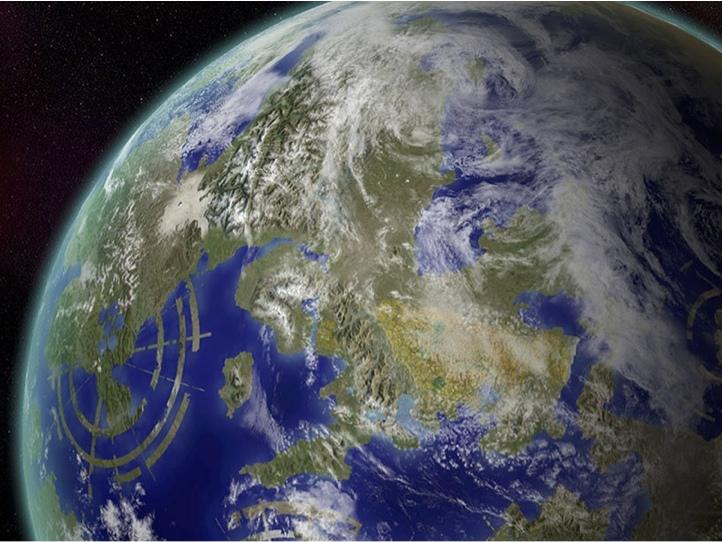Lessons From The Stars: How To Live On A Climate-Changed World
Classification of planets offers a way to see how Anthropocenes — and a successful route through them — might be part of a continuum of planetary evolution, says astrophysicist Adam Frank.
by Adam Frank
Sep 13, 2017
3 minutes

The non-stop, "never-seen-before" hurricanes of the last few weeks have given us a glimpse of what a climate-changed world will look like for humanity.
If it seems like a scary vision, you should know that we're only at the very beginning of this wild ride. Things are likely going to get harder.
But what would it mean for us to deal effectively with the long-term planetary changes we've initiated? What would it look like if we could marshal our creativity to find a smooth landing for our cherished project of civilization?
That's the question I, and my collaborators, explored in a new paper we just published in the journal . To answer it, we took a new view of our
You’re reading a preview, subscribe to read more.
Start your free 30 days





